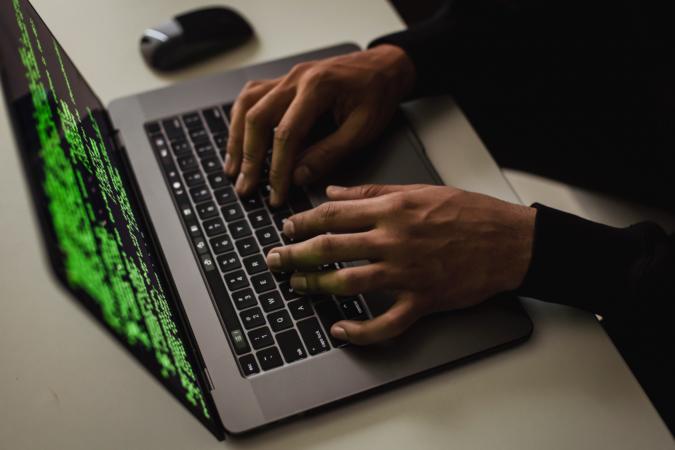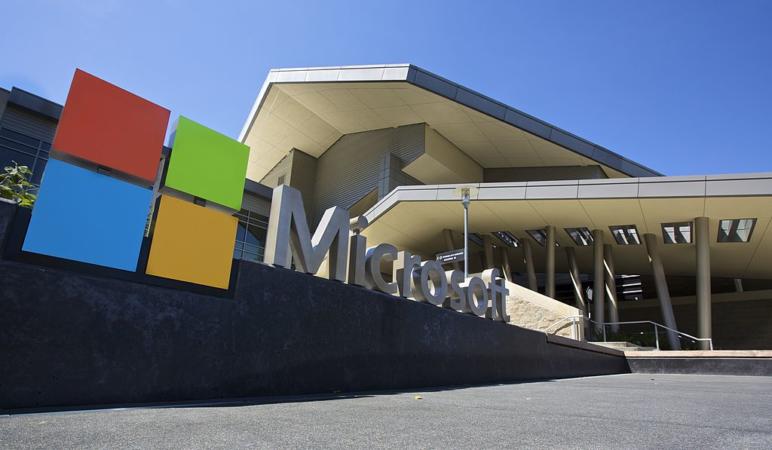Showing 2 results for:
cyber attackers
Popular topics
All results

Do you remember the time when working from home was considered a luxury? Now, workers across the world have transitioned to working remotely due to the unprecedented impact of COVID-19. Remote work has become a necessity in today’s world. However, the sudden transition to remote work has left many gaps in security strategies and protocols. More companies are considering making the transition to remote work long-term, but this will require making changes to the security protocols and strategies to ensure protection against identity theft, data breaches, and other cyberattacks. What security measures does your business have in place to ensure your remote workers are protected? Tip #1: Invest in the right antivirus software One of the most effective resources available to your business is antivirus software . A cyber attack can result in significant financial and reputational damage to a business. There is a strong chance the numbers will rise as more cyber criminals look to obtain...

Microsoft is seeking to reinforce its cybersecurity, following a recent legal victory against overseas hackers. According to CNBC, the court ruling allowed Microsoft to appropriate 50 domains that hackers used to infiltrate user accounts. “Thallium,” a group of hackers reportedly based in North Korea, used malware to collect and misuse the personal information of thousands of users in America, Japan, and South Korea. The latest pernicious attacks compromised systems and enabled emails, calendar entries, and other password-protected information to remain available to hackers even after users had changed their passwords . Thallium hackers gained access to Microsoft accounts through phishing techniques, in which users are prompted to click on links that appear to be from genuine sources. The fallout from such hacks is substantial, as the malware embedded in the links creates infinite system vulnerabilities. Thallium is not the only group of its kind. Other groups, such as the...